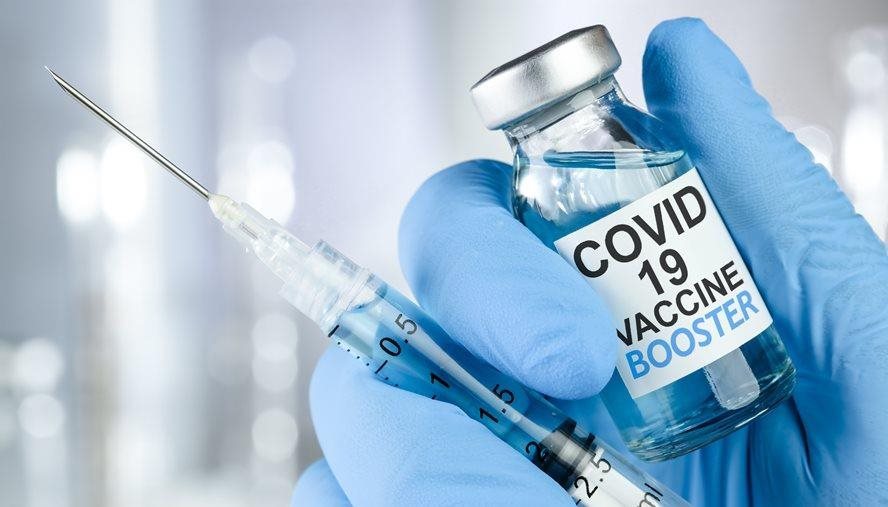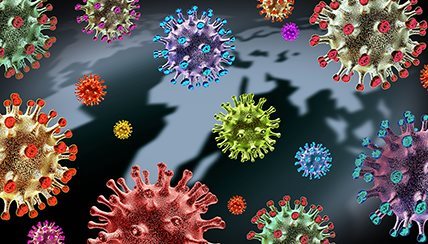Things to Know Before & After the Vaccine
Vaccination is protecting us as individuals and as a community. Get answers to questions about getting the vaccine and tips for after vaccination.
This information has been reviewed and approved by Rosine Angbanzan, MPH (March 2022)
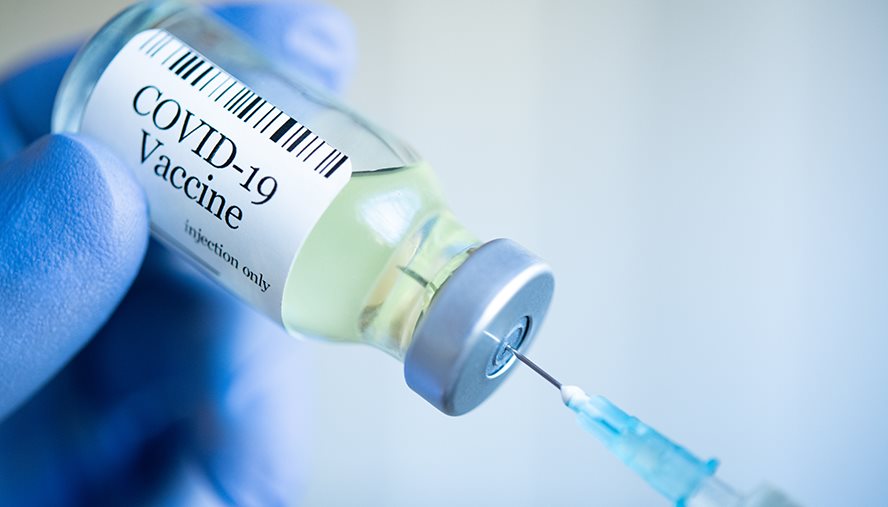
Can vaccines give you COVID-19?
No! The vaccine cannot give you COVID-19. The Pfizer, Moderna and Johnson & Johnson vaccines do not contain the pieces needed to make more virus.
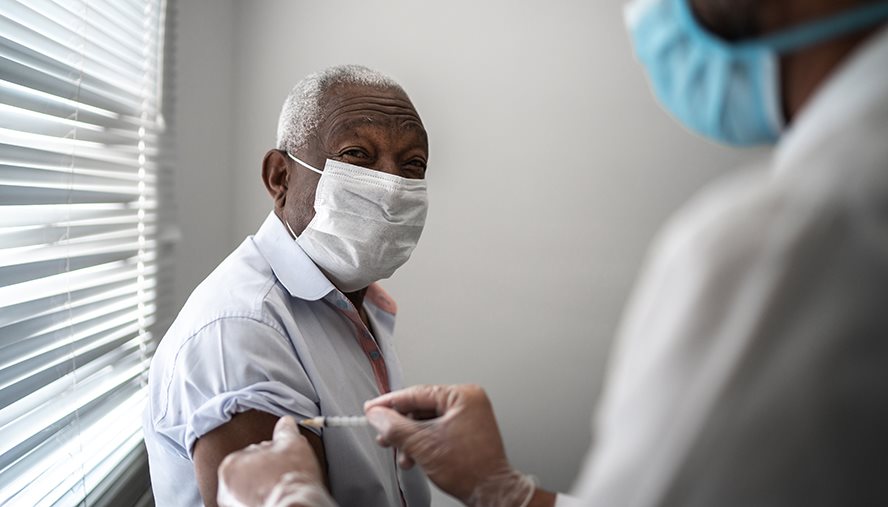
COVID-19 vaccine safety
The U.S. Food and Drug Administration (FDA) and other agencies closely monitor vaccine development in clinical trials that evaluate both the safety and effectiveness of vaccines. In the Moderna and Pfizer vaccines, no significant side effects were seen beyond the expected flu-like symptoms. In extremely rare cases, thrombosis with thrombocytopenia syndrome (TTS) has affected recipients of the Johnson & Johnson vaccine, which is why the Moderna and Pfizer vaccines are preferred.
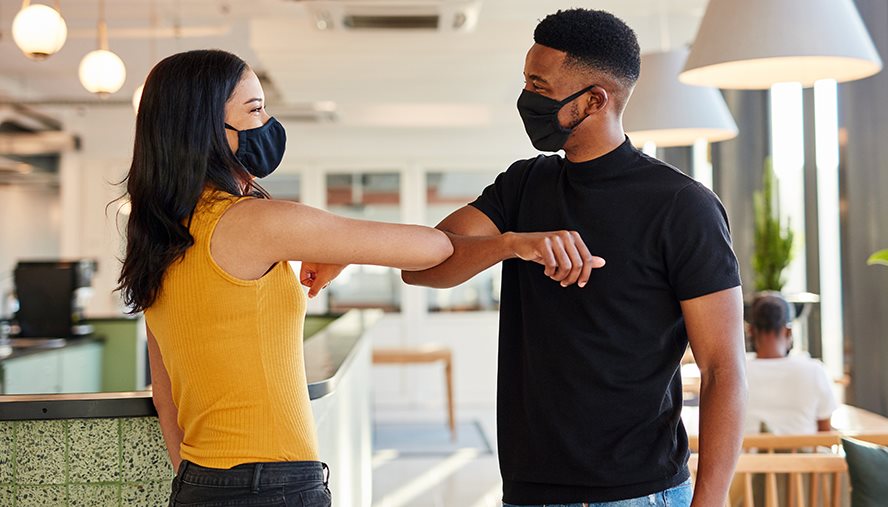
Vaccine protection
The Pfizer and Moderna vaccines are effective within approximately two to three weeks after completing the second dose. The Johnson & Johnson vaccine is fully effective within two weeks of the one required dose.
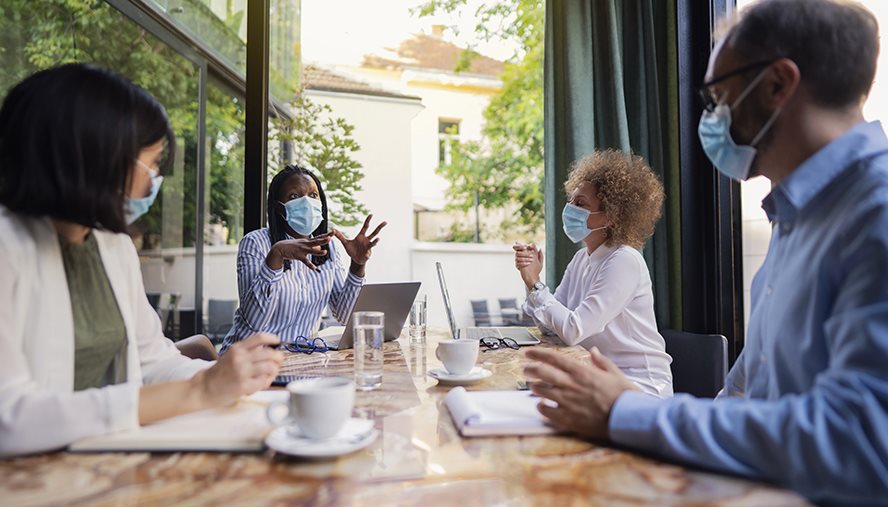
Effectiveness against COVID-19
With tests indicating an effectiveness of approximately over 94%, the Moderna and Pfizer vaccines offer more protection against COVID-19 infection than the Johnson & Johnson shot (66% effective). However, due to the waning efficacy of the vaccines over time, and the influx of new variants, the Centers for Disease Control and Prevention (CDC) recommends getting a booster shot of the Pfizer and Moderna after five months.
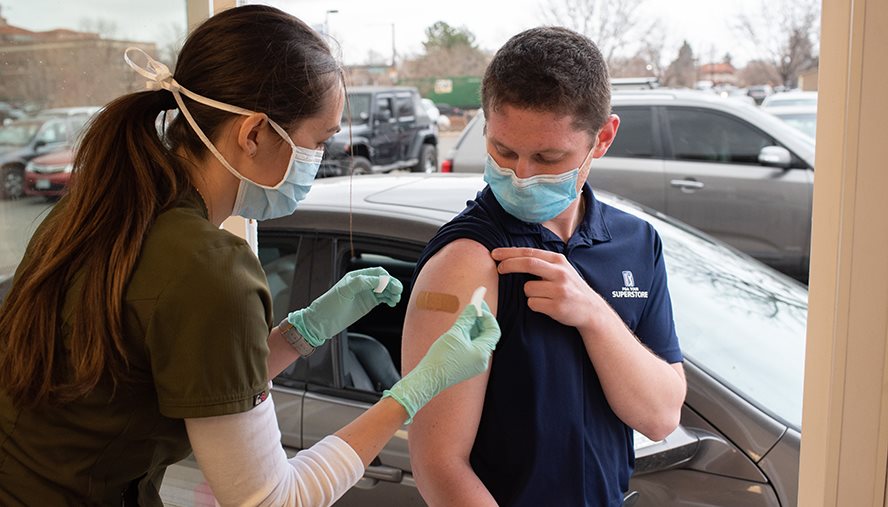
Do you need a vaccine if you already had COVID-19?
Yes, you need the vaccine. Natural immunity (from being infected with the actual virus) fades over time and if you had a mild case of COVID-19 you may not have very strong immunity.
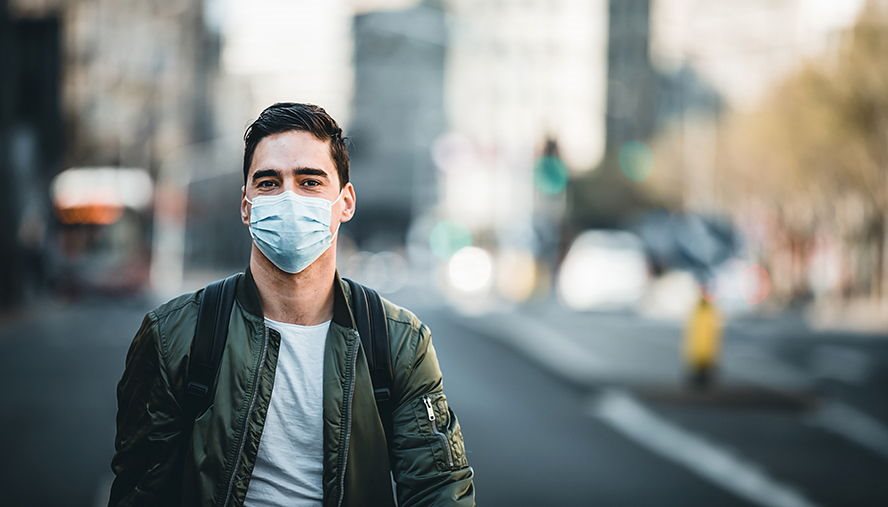
Keep masking up
Although the CDC masking guidelines have eliminated the need for fully vaccinated people to wear a mask in certain places, many settings, including health care facilities, still require masks. Please continue to follow government, workplace and business masking guidelines. It is also important to continue social distancing. Vaccines provide significant protection for individuals from getting COVID-19, but it is still possible for vaccinated individuals to transmit the virus to others and no vaccination is 100% effective.
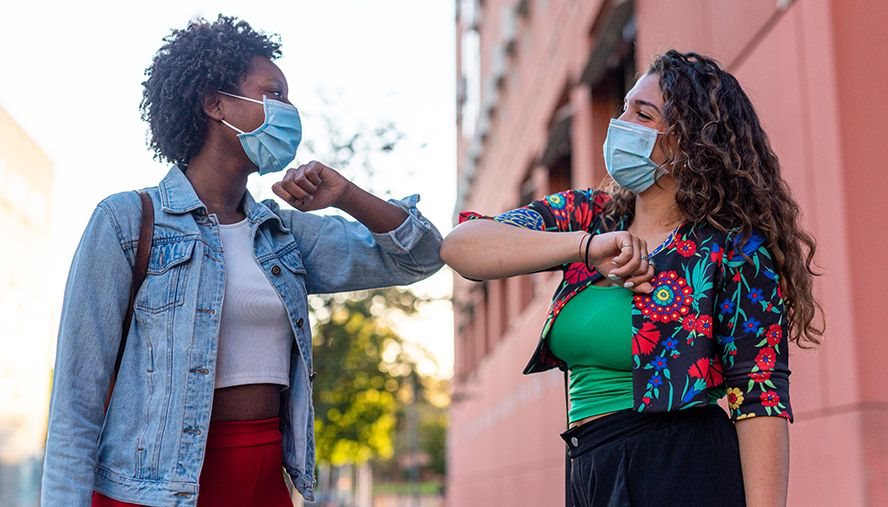
Distance yourself
Regardless of your vaccination status, social distancing remains an effective way to safeguard others from potential infection, especially in public spaces. Make sure to check your state and local guidelines for guidelines.

Wash hands frequently
Protect yourself by removing germs from your hands with frequent and thorough handwashing.
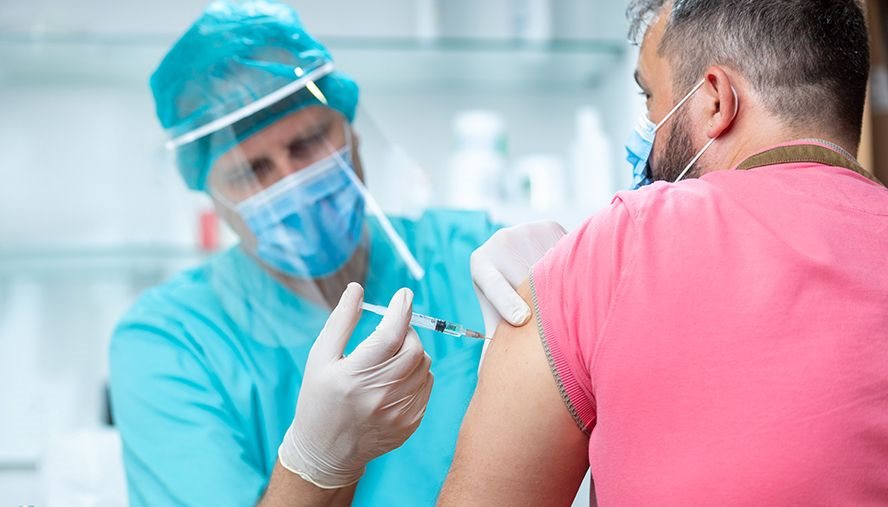
You received a vaccine
Getting one dose of the vaccine does not immediately protect you. After the second dose, it will take an additional two to three weeks for you to be protected. Watch for side effects such as fever, muscle aches and fatigue, and continue masking, social distancing and handwashing until a majority of the population are vaccinated.
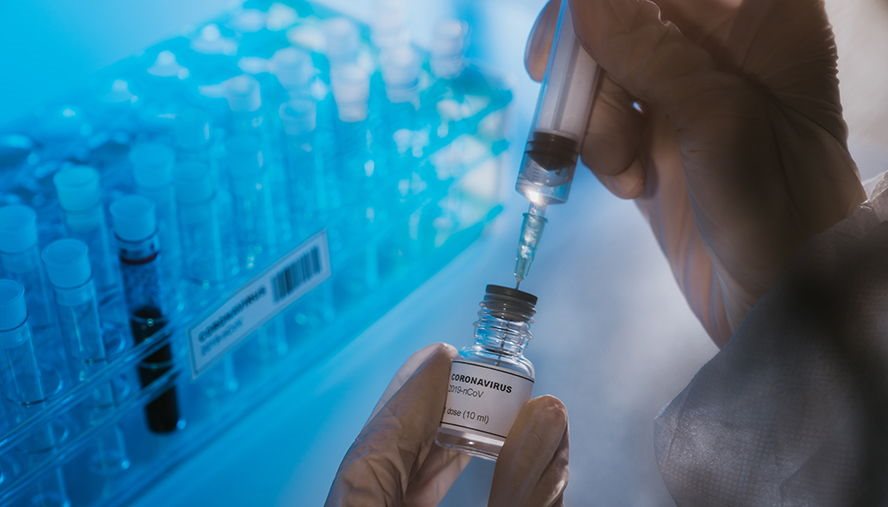
Asymptomatic carriers
COVID-19 vaccines may protect against severe infection, but not necessarily prevent mild or asymptomatic infection. It’s possible that an infected person could still spread the virus, which can put others nearby at risk.
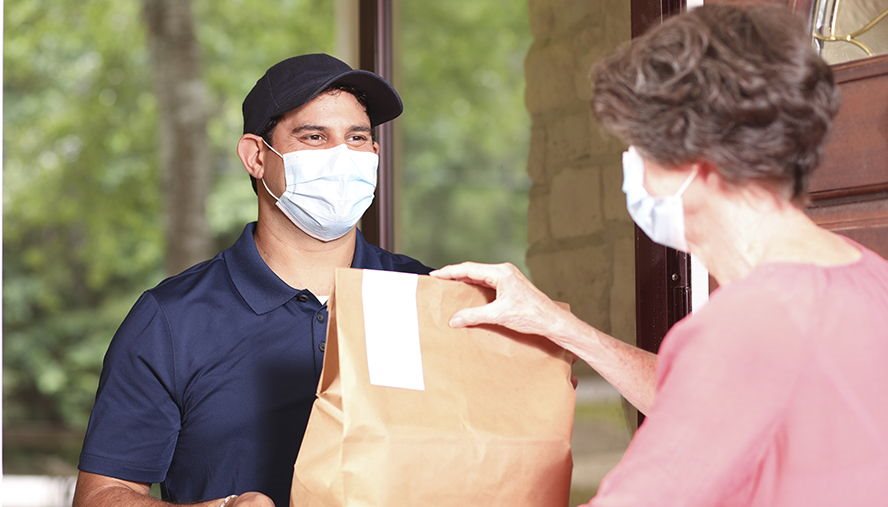
Be patient and safe
Scientists are still learning about the virus. If you are fully vaccinated, you can rest assured knowing that you have significant protection against severe infection. However, until we learn how to mitigate risk for vulnerable populations, we have to continue to take precautionary measures.
| The information on our website is medically reviewed and accurate at the time of publication. Due to the changing nature of the COVID-19 pandemic, information may have since changed. CDC.gov and your state’s health department may offer additional guidance. |

